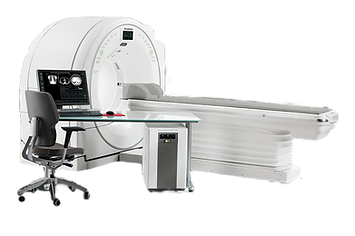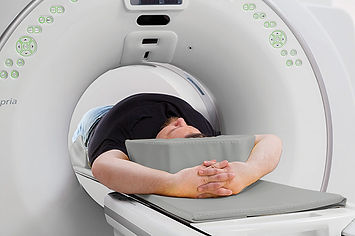



Before getting an CT scan, here are some key things patients should know:
1. Purpose of the CT Scan
-
A CT scan uses X-rays and computer processing to create detailed images of the body.
-
It’s used to diagnose or monitor conditions such as injuries, infections, tumors, or internal bleeding.
2. Radiation Exposure
-
CT scans involve low doses of radiation. While generally safe, repeated exposure should be minimized. Let your doctor know if you’ve had many scans or are concerned about radiation.
-
Inform your doctor if you are pregnant or suspect you might be, as radiation may pose risks to the fetus.
3. Preparation
-
Eating and Drinking: You may be asked to avoid eating or drinking for a few hours before the scan, especially if contrast dye is used.
-
Clothing: Wear comfortable, loose clothing without metal components, or you may be asked to wear a hospital gown.
-
Metal Objects: Remove jewelry, glasses, dentures, or any metal objects that could interfere with imaging.
4. Contrast Dye
-
Some scans require a contrast dye to enhance image clarity. This may be given orally, through an IV, or as an enema.
-
Inform your doctor of any allergies, particularly to iodine or shellfish, as these could indicate a risk of an allergic reaction to the contrast dye.
-
Side effects of the dye are rare but may include a warm sensation, metallic taste, or mild nausea.
5. Health Conditions
-
Inform your doctor if you have kidney problems, diabetes, or take medications like metformin, as these may affect your ability to process contrast dye.
6. Procedure Expectations
-
The scan is painless and usually takes 10-30 minutes.
-
You’ll need to lie still on a table that moves through a large, donut-shaped machine.
-
The machine makes whirring noises, but you’ll typically be able to communicate with the technician through an intercom.
7. After the Scan
-
Most people can resume normal activities immediately.
-
If contrast dye was used, drink plenty of fluids to help flush it from your body.
8. Discuss Concerns with Your Doctor
-
If you feel claustrophobic or anxious, ask about sedation options.
-
Share any specific concerns or questions with your healthcare provider before the procedure.
Proper preparation ensures a smoother process and more accurate results!
Understanding these points can help you feel more comfortable and prepared for your CT. Always ask your healthcare provider if you have additional questions or concerns.

